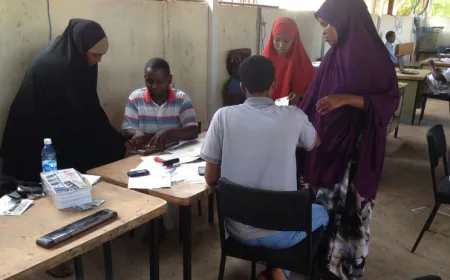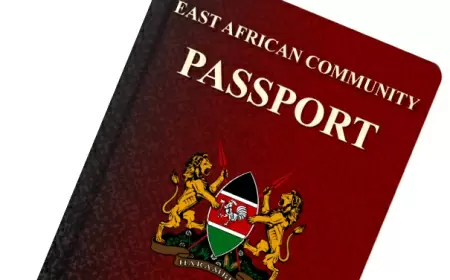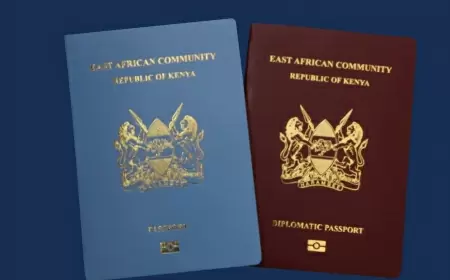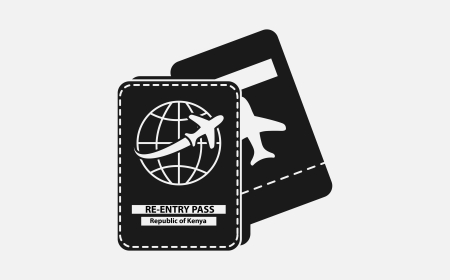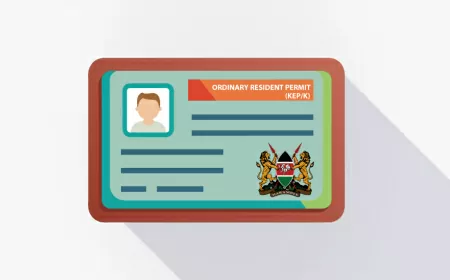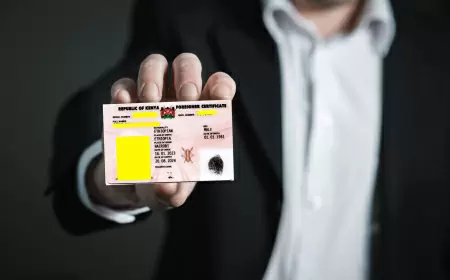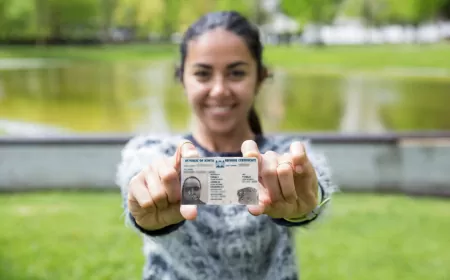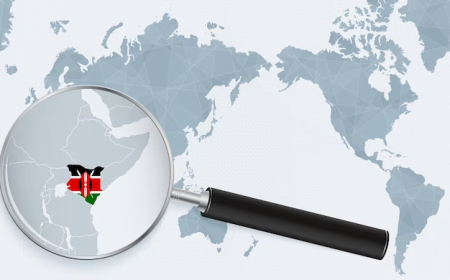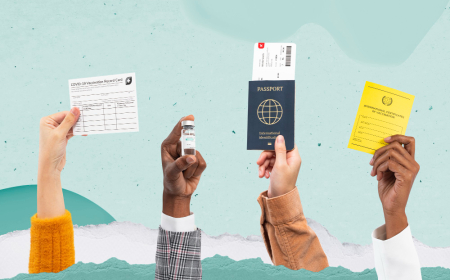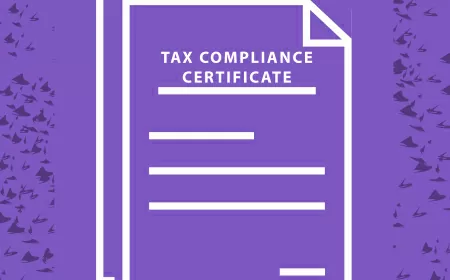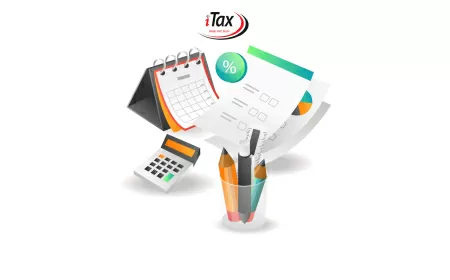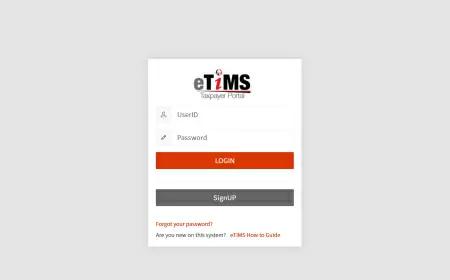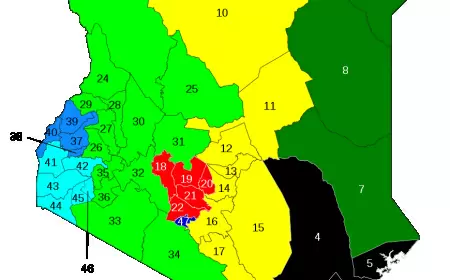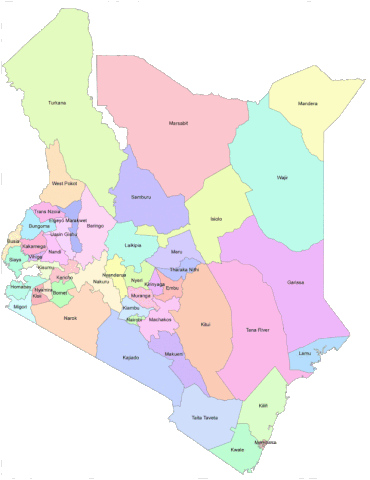What is a Kenyan Work Permit and Why is it Necessary?
Explore what a Kenyan work permit is and why it's essential for foreigners in Kenya. Learn about the requirements and benefits of obtaining a work permit in Kenya for a smooth and legal employment experience.
1. What Exactly is a Kenyan Work Permit?
A Kenyan Work Permit is an official document granted by the Director of Immigration Services, as outlined in section 40 of the Kenya Citizenship and Immigration Act, 2011.
This permit allows foreign nationals to enter Kenya for various purposes, including engaging in trade, mining activities, farming, business ventures, professional employment, missionary work, or even residing within the country.
2. Why Obtaining a Kenyan Work Permit is Essential for Foreign Workers
A Work Permit is issued by the Director of Immigration Services under the Kenya Citizenship and Immigration Act, 2011. Below is the reason why it is important to posses a work permit as a foreigner :
- It allows foreign nationals to enter Kenya for activities such as trade, farming, business, employment, professional engagement, missionary work, or even residency.
- Securing a Kenyan work permit is important for legal employment and contributes to the local economy.
- It also protects the rights of employers and employees by ensuring compliance with labor laws.
Employers must facilitate work permit applications to demonstrate adherence to local regulations.
3. The Different Types of Kenyan Work Permits
In Kenya, various classes of work permits cater to different employment scenarios, each defined by specific criteria such as the nature of work, profession, and duration of stay. Here is a list of the different categories of work permit :
- Class A – Prospecting and Mining : This permit is for individuals or partnerships intending to engage in mineral prospecting or mining activities.
- Class B – Agriculture and Husbandry : Issued to those looking to participate in agricultural or animal husbandry businesses.
- Class C – Prescribed Profession : For professionals with qualifications listed in the Eighth Schedule of The Kenya Citizenship and Immigration Regulations, 2012. Applicants must have sufficient resources, be registered with their professional body abroad, and contribute positively to Kenya. Professions include medical practitioners, lawyers, engineers among others.
- Class D – Employment : For individuals offered employment by a specific employer requiring skills not readily available locally that will benefit the country.
- Class F – Specific Manufacturing: Intended for those engaging in particular manufacturing activities within Kenya.
- Class G – Specific Trade/Business/Consultancy: For engaging in specified trades or consultancies outside prescribed professions.
- Class I – Approved Religious and Charitable Activities : Granted to members of registered institutions engaged in missionary or non-profit work beneficial to Kenya.
- Class K – Ordinary Residents : Available for persons over 35 years old with an assured annual income from sources like pensions amounting to at least USD 24,000 per year.
- Class M - Refugees: Issued under Kenyan refugee law for refugees wishing to take up employment or engage professionally within the country.
Additionally, certain individuals may be exempted from obtaining a work permit if specified by the cabinet secretary through official gazzete notice.
LEARN MORE: Classes of Work Permit
4. The Benefits and Importance of Holding a Kenyan Work Permit
Overall, a Kenyan work permit plays a important role in facilitating legal employment for foreign nationals while also contributing to the growth and development of the country's economy through regulated workforce participation.
Without a valid work permit, individuals risk facing legal consequences such as deportation or being barred from entering Kenya in the future.
5. Application Procedure for Work Permits via the eFNS Portal
The application procedure for work permits is conducted entirely online through the eFNS Portal . Applicants must submit their applications and upload all required documents to the portal.
Once the permit is processed and issued, applicants should print it from the eFNS portal and present it to an immigration office for endorsement.
6. Useful Links
Was this information helpful ?










